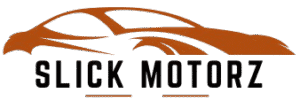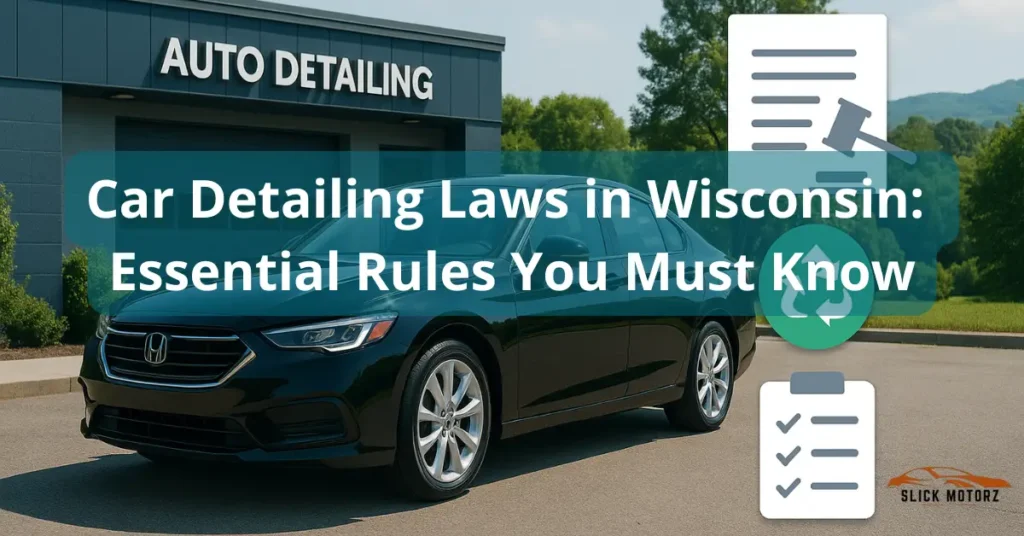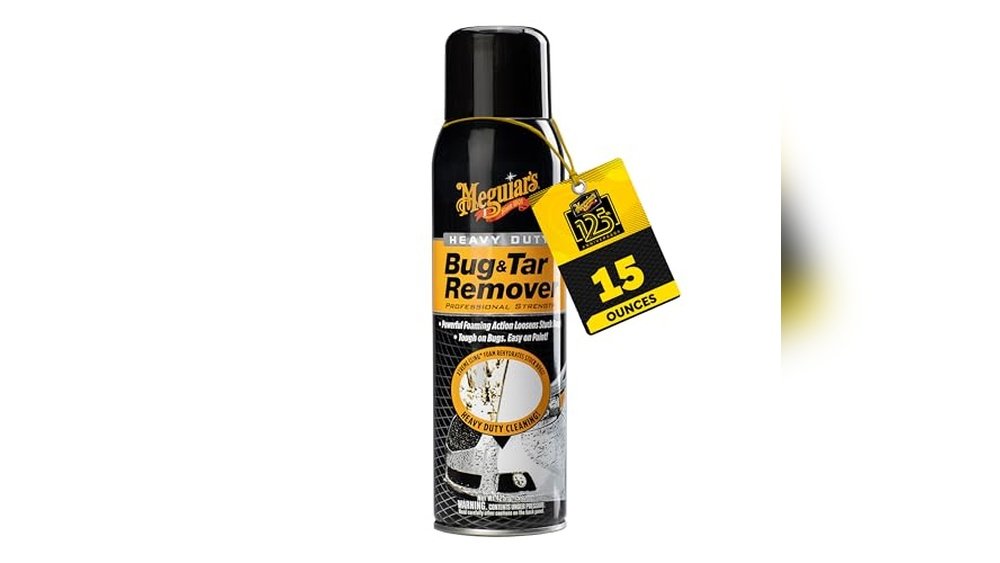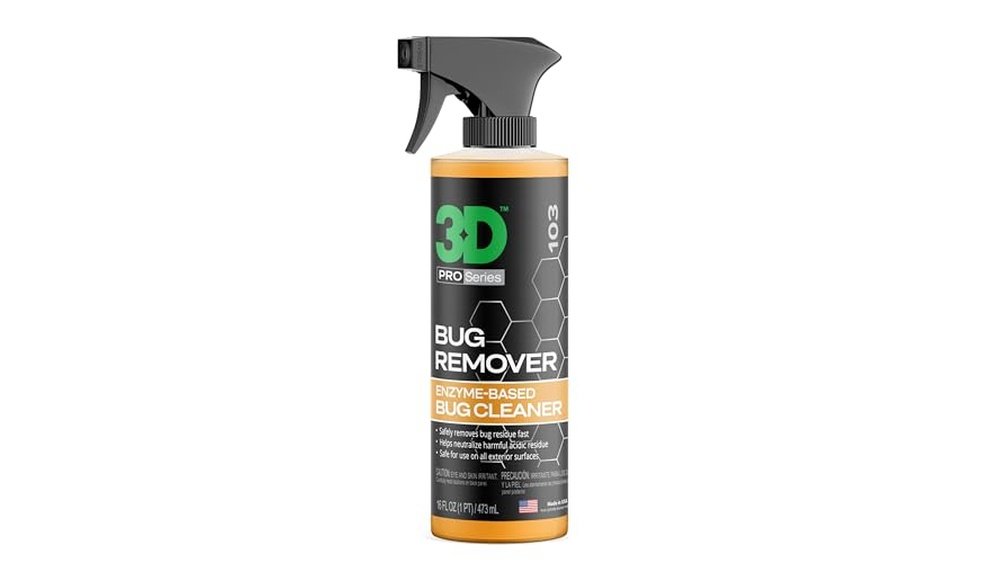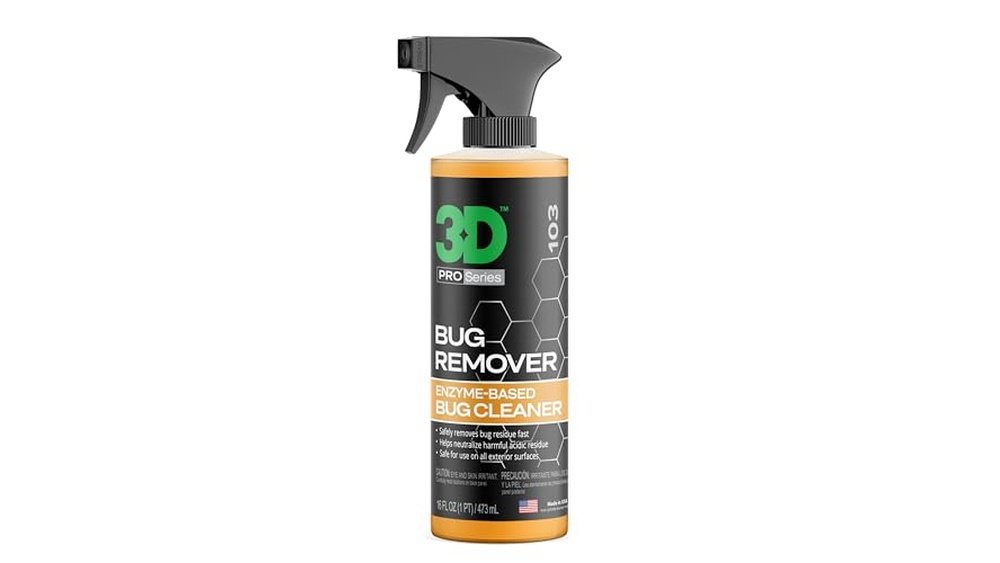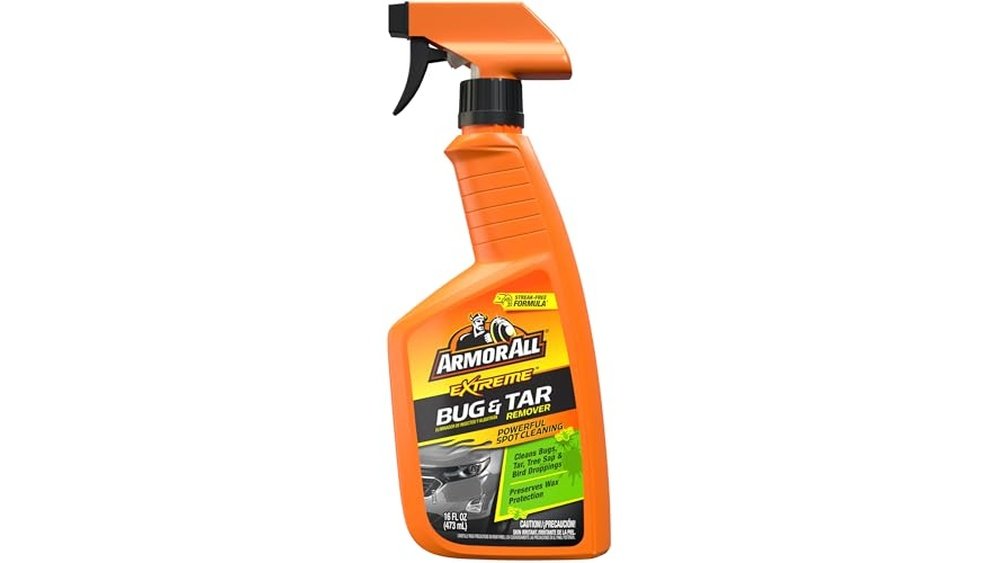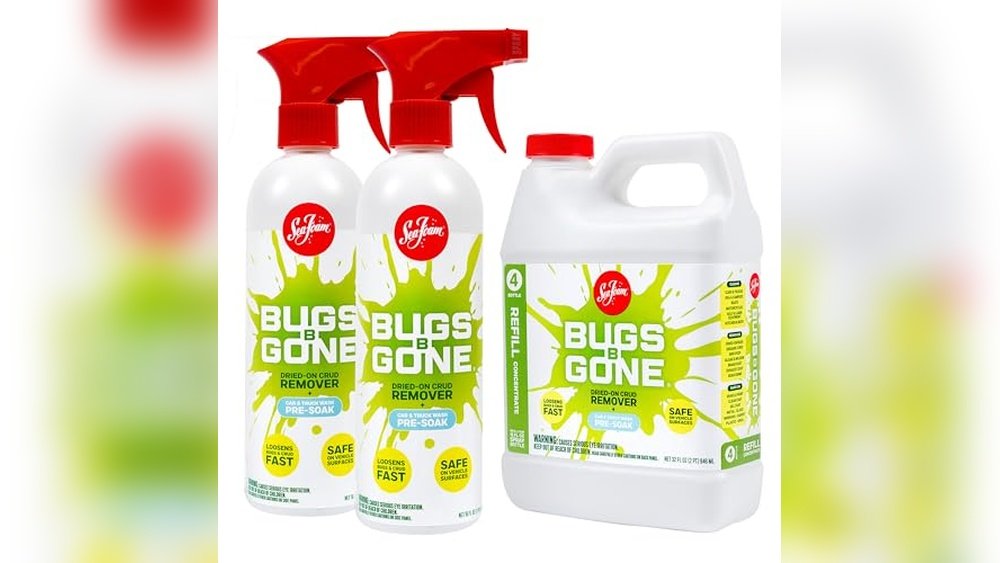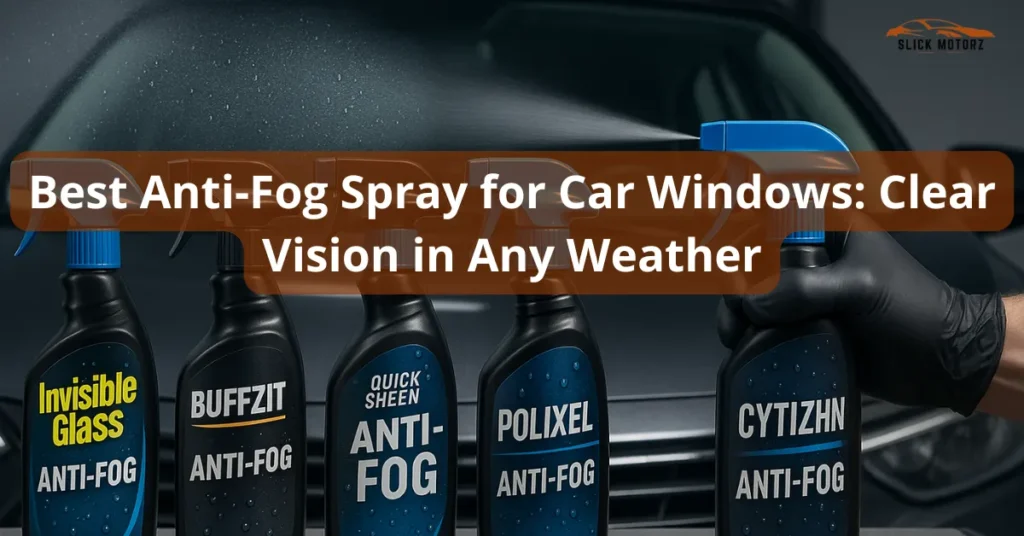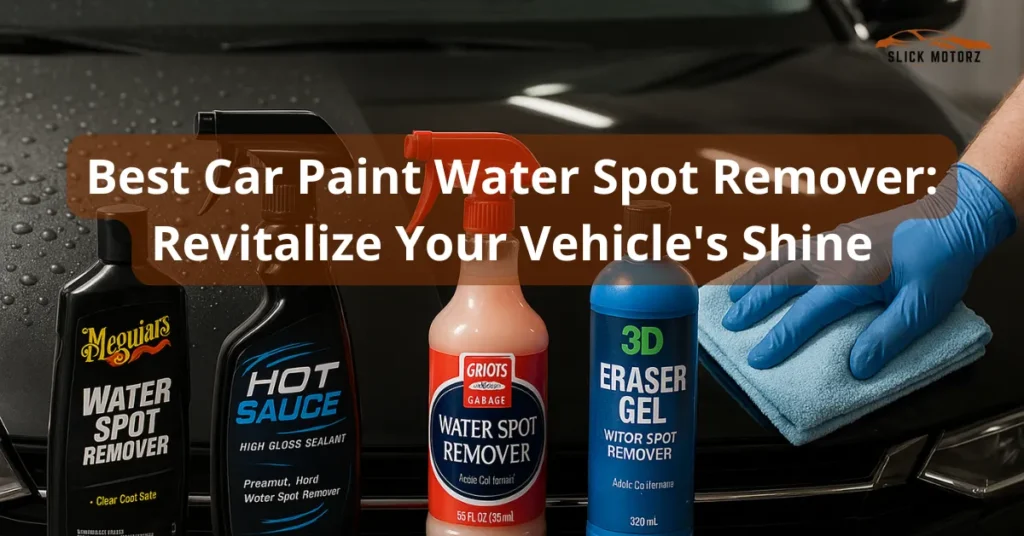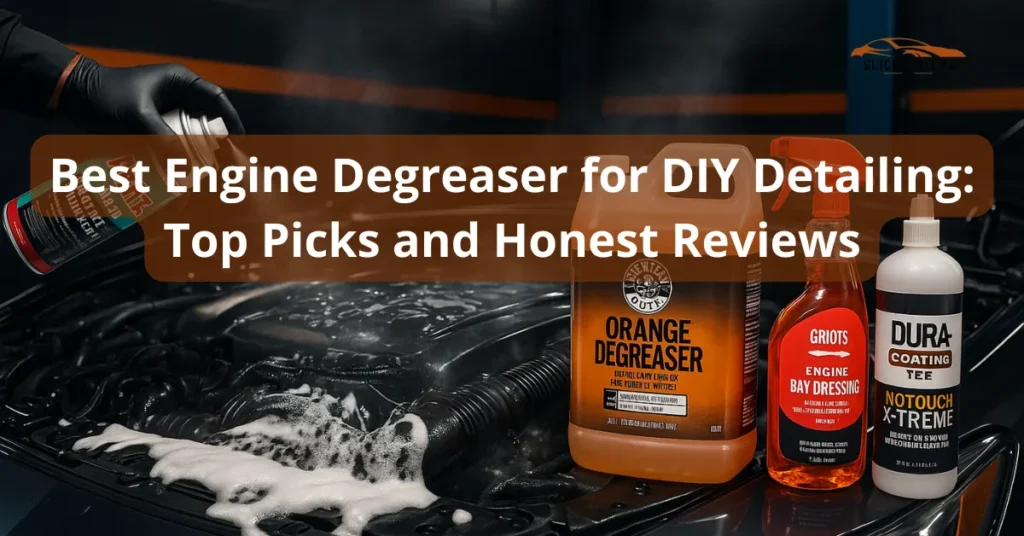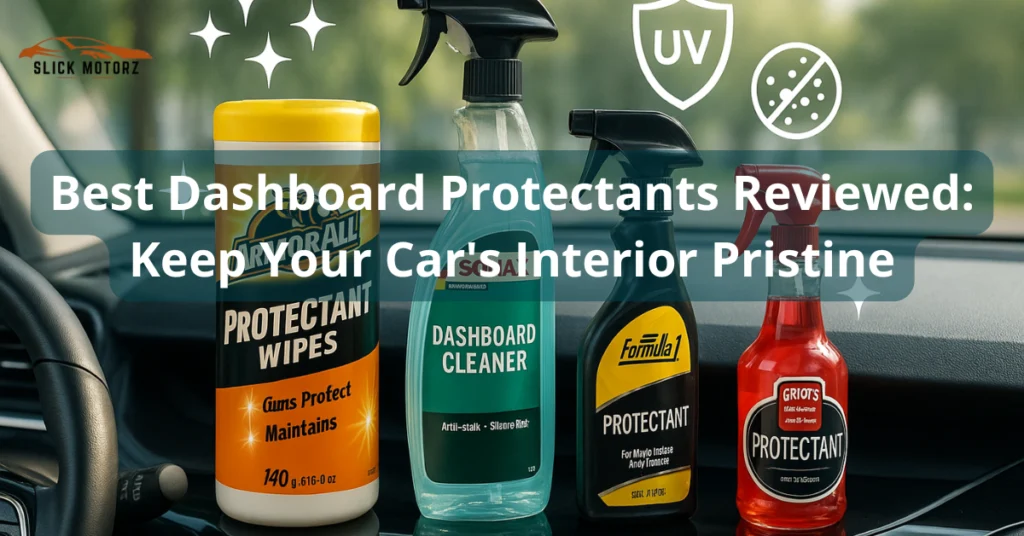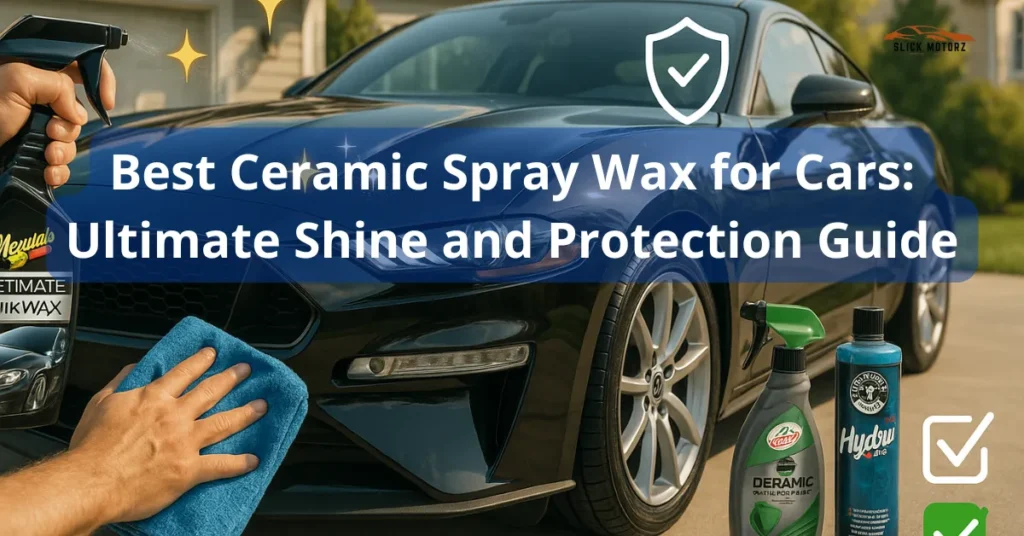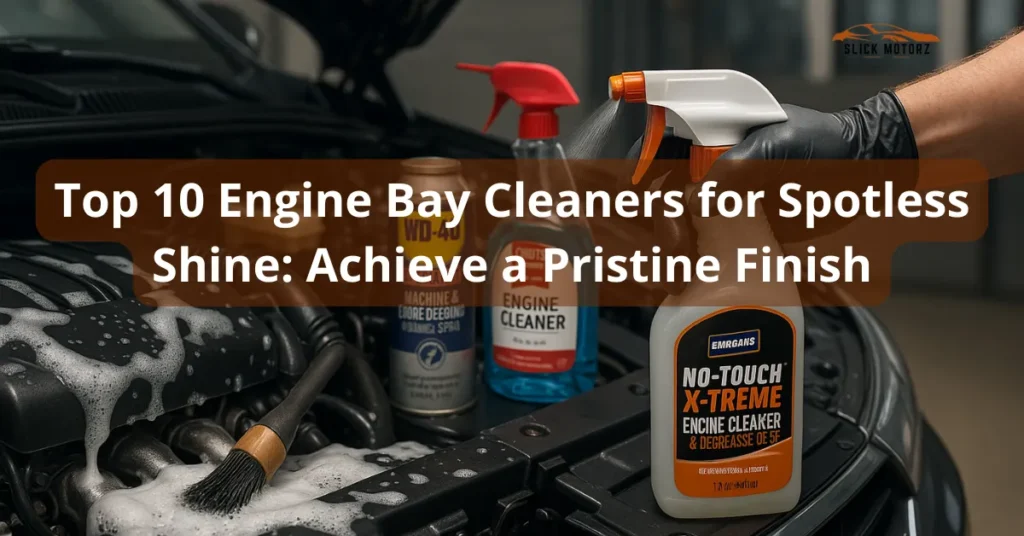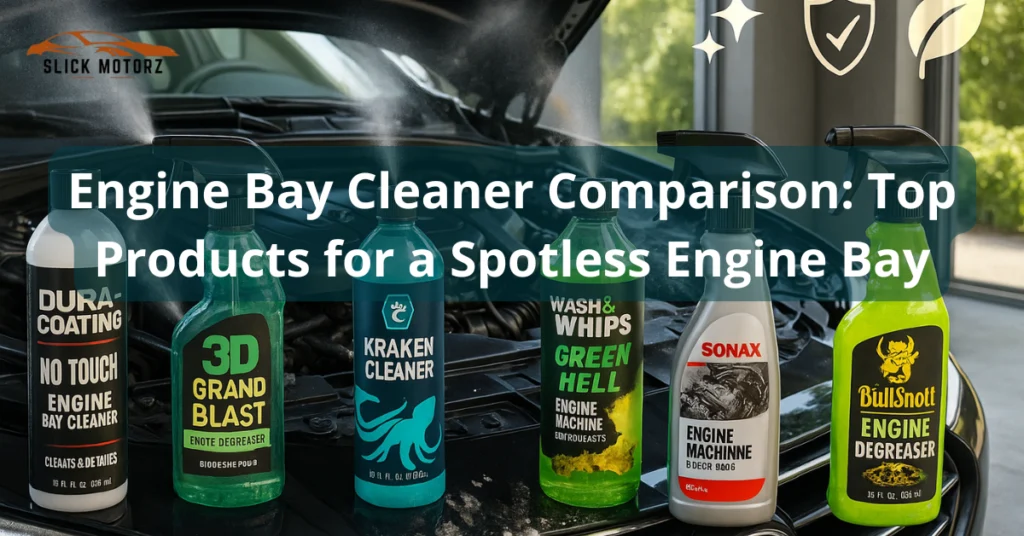If you’re thinking about starting a car detailing business or simply want to keep your vehicle spotless in Wisconsin, knowing the local laws is a must. Car detailing isn’t just about making your car shine—it’s also about following rules that protect the environment, your customers, and your business.
Whether you plan to operate a full-service shop or offer mobile detailing, understanding car detailing laws in Wisconsin can save you from costly fines and headaches. You’ll discover the key car detailing laws you need to know, from licensing and environmental restrictions to where and how you can wash cars legally.
Keep reading to ensure your car care routine or business stays fully compliant and successful in Wisconsin.
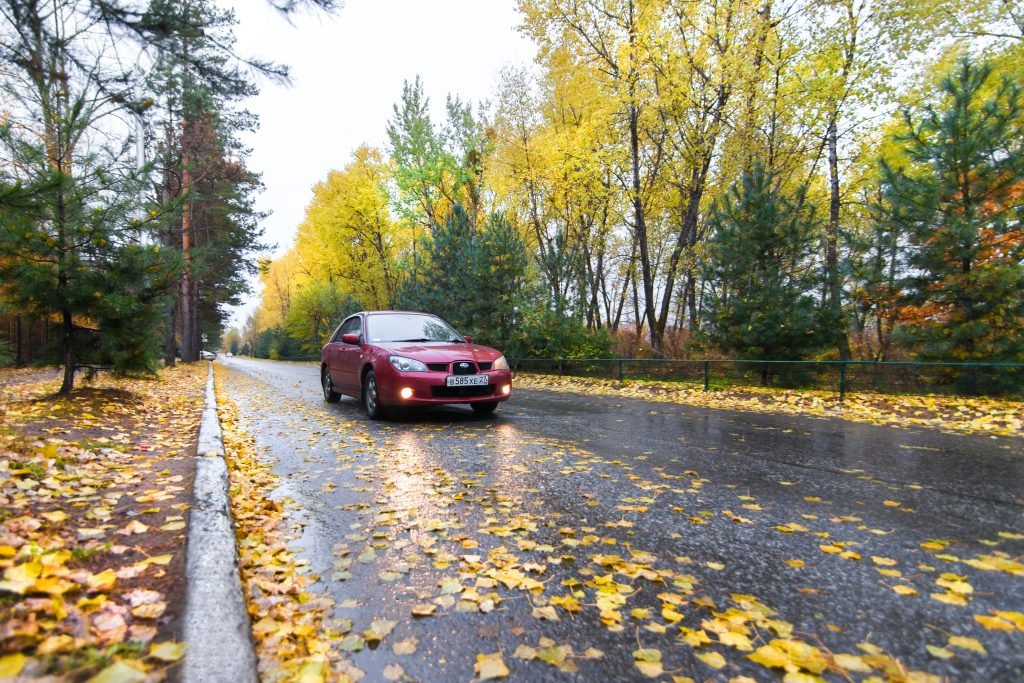
Credit: m.yelp.com
Business Licensing
Starting a car detailing business in Wisconsin requires proper licensing to operate legally. Business licensing ensures your company meets state rules and local regulations. It protects customers and helps your business grow with confidence.
Understanding the licensing process can save time and avoid fines. The key steps include registering your business, obtaining necessary permits, and forming a legal business entity. Each step has specific rules under Wisconsin law.
Registering Your Business
Register your car detailing business with the Wisconsin Department of Financial Institutions. Choose a unique business name that follows state guidelines. Submit the required forms and pay registration fees. This step makes your business official and recognized by the state.
Required Permits
Obtain all permits needed to run a car detailing service. This may include local business permits from your city or county. Environmental permits could apply due to water use and chemical disposal. Check with the Wisconsin Department of Natural Resources for any environmental rules.
Forming An LLC
Consider forming a Limited Liability Company (LLC) for legal protection. An LLC separates personal assets from business debts. File Articles of Organization with the state and pay the filing fee. An LLC can improve your business’s credibility and simplify tax filing.
Environmental Regulations
Environmental regulations play a crucial role in Wisconsin’s car detailing industry. These rules help protect water quality and the surrounding ecosystem. Businesses must follow strict guidelines to reduce pollution and ensure safe waste management. Understanding these regulations is vital for every car detailer in Wisconsin.
Water Discharge Rules
Wisconsin controls water runoff from car detailing sites. Wastewater cannot flow directly into storm drains or natural water bodies. Detailers must use systems to capture and treat water before discharge. This prevents harmful chemicals and dirt from polluting lakes and rivers.
Use Of Chemicals And Detergents
The state limits the types of chemicals used in car detailing. Only biodegradable and non-toxic detergents are allowed. Harsh chemicals can harm the environment and violate state laws. Proper handling and storage of chemicals reduces the risk of spills and contamination.
Waste Disposal Requirements
Car detailing businesses must dispose of waste properly. Solid waste, oily water, and leftover chemicals need safe disposal methods. Wisconsin law requires licensed facilities to handle hazardous waste. Following these rules keeps soil and groundwater clean and safe.
Location Restrictions
Car detailing in Wisconsin must follow specific location rules. These rules help keep neighborhoods safe and clean. They also protect the environment. Understanding these location restrictions is important for anyone offering car detailing services.
Zoning Laws
Zoning laws control where businesses can operate in Wisconsin. Many areas have rules that limit car detailing to commercial zones. Residential zones often do not allow commercial detailing. Check local zoning maps before starting a business. This avoids fines and legal trouble.
Washing On Residential Property
Washing cars on residential property has limits. Many cities restrict washing vehicles in driveways or lawns. These rules aim to prevent water pollution and runoff. Some places require water to drain into proper systems. Use eco-friendly products to reduce harm to the environment.
Mobile Detailing Limitations
Mobile car detailing has extra location rules. Wisconsin may require permits for mobile services. Parking mobile units on public streets can be restricted. Some cities limit hours for mobile detailing. Always verify local laws before operating a mobile service.
Tax Obligations
Understanding tax obligations is crucial for car detailing businesses in Wisconsin. Taxes affect pricing, profits, and legal compliance. Knowing your responsibilities helps avoid penalties and keeps your business running smoothly.
Taxes in Wisconsin include sales tax on services, income tax on earnings, and possible exemptions. Each has specific rules you must follow.
Sales Tax On Services
In Wisconsin, some car detailing services are subject to sales tax. The state taxes labor and materials used for cleaning and polishing vehicles. You must collect sales tax from customers and report it to the Wisconsin Department of Revenue.
Not all services are taxed the same. For example, simple washing might be exempt, but full detailing often is taxable. Check state guidelines to classify your services correctly.
Income Tax Considerations
Car detailing businesses must report income earned from all services. This income is subject to both federal and Wisconsin state income taxes. Keep accurate records of all sales and expenses to calculate your taxable income.
Filing taxes on time and paying the correct amount is essential. You may need to make quarterly estimated tax payments to avoid penalties.
Tax Exemptions
Some car detailing businesses may qualify for tax exemptions or deductions. For instance, certain equipment purchases might be exempt from sales tax. Also, nonprofit organizations can have different tax rules.
Check with the Wisconsin Department of Revenue to see which exemptions apply. Using exemptions properly can save money and improve your business’s financial health.
Labor Laws
Understanding labor laws is crucial for car detailing businesses in Wisconsin. These laws protect workers and ensure fair work conditions. Business owners must follow state and federal rules to avoid penalties. Clear knowledge of labor laws helps maintain a safe and productive workplace.
Child Labor Restrictions
Wisconsin limits the hours and types of work for minors. Workers under 18 cannot perform hazardous tasks. The law restricts work hours for minors during school days and nights. Employers must get proper permits before hiring minors. These rules protect young workers from unsafe conditions.
Workplace Safety Standards
Car detailing involves chemicals and equipment that can be dangerous. Wisconsin follows OSHA standards to keep workers safe. Employers must provide safety training and protective gear. Regular inspections ensure compliance with safety rules. A safe workplace reduces accidents and improves employee health.
Employee Rights
Workers have the right to fair pay and breaks during shifts. Wisconsin law requires payment of at least the minimum wage. Employees can report violations without fear of retaliation. Employers must keep accurate records of hours worked. Respecting employee rights builds trust and boosts morale.
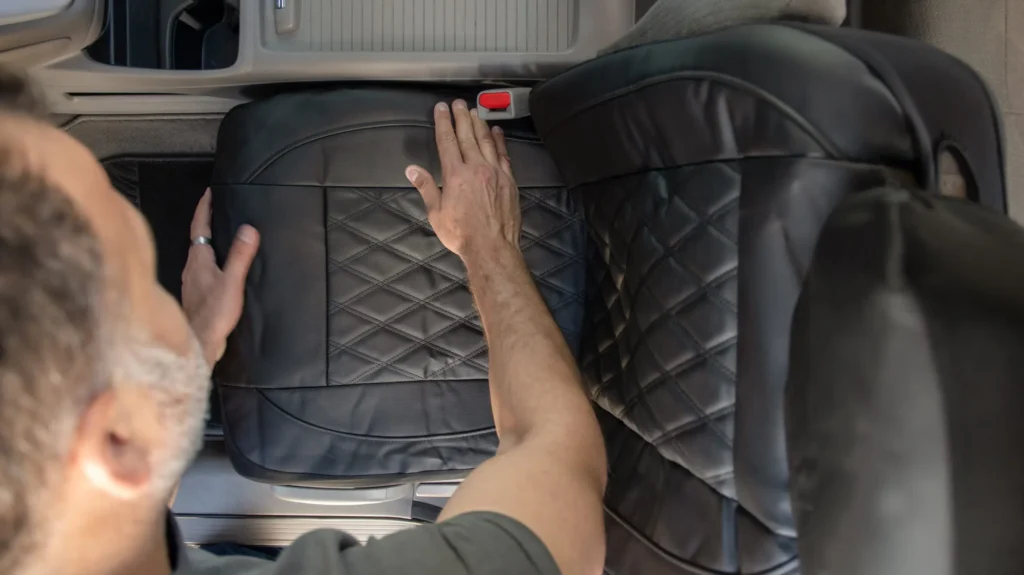
Credit: m.yelp.com
Industry Standards
Industry standards shape how car detailing businesses operate in Wisconsin. These standards protect the environment and ensure safe practices. Detailers must follow rules from federal and local agencies. Understanding these standards helps maintain compliance and build customer trust.
EPA Area Source Rule
The EPA Area Source Rule limits harmful emissions from small businesses. Car detailing shops using paint or solvents must follow these rules. The rule reduces air pollution by controlling spray painting and chemical use. Compliance means using approved products and proper ventilation systems. This rule is vital for protecting air quality in Wisconsin.
Local Health Codes
Local health codes regulate water use and waste disposal in detailing shops. Shops must prevent water runoff from polluting streets and drains. Proper disposal of chemicals and wastewater is required by law. Health inspectors visit shops to ensure these codes are followed. Following these codes avoids fines and protects community health.
Best Practices
Following best practices improves service quality and safety in car detailing. Use eco-friendly products to reduce environmental impact. Train workers on safe handling of chemicals and equipment. Maintain clean workspaces to prevent accidents and contamination. Adopting these practices builds a good reputation and meets legal standards.
Penalties And Enforcement
Penalties and enforcement play a key role in maintaining legal standards in car detailing businesses across Wisconsin. The state strictly monitors operations to protect consumers and the environment. Breaking these laws can lead to serious consequences for business owners.
Understanding the penalties helps detailers avoid costly mistakes. Authorities enforce laws through inspections and fines. Knowing common violations and inspection procedures prepares businesses for compliance.
Common Violations
Many violations arise from improper waste disposal and chemical use. Failure to obtain required permits is also common. Using banned substances or not following water runoff rules leads to penalties. Ignoring safety standards for workers and customers is another frequent issue.
Fines And Sanctions
Fines for violations vary depending on severity and frequency. Minor infractions may result in warnings or small fines. Serious or repeated offenses can lead to heavy fines or business shutdowns. The state may also require corrective actions to fix violations.
Inspection Procedures
State inspectors conduct regular checks on car detailing businesses. They review permits, waste handling, and chemical storage. Inspectors may test water runoff and air quality. Businesses must provide access and cooperate fully during inspections. Non-compliance can trigger immediate enforcement actions.
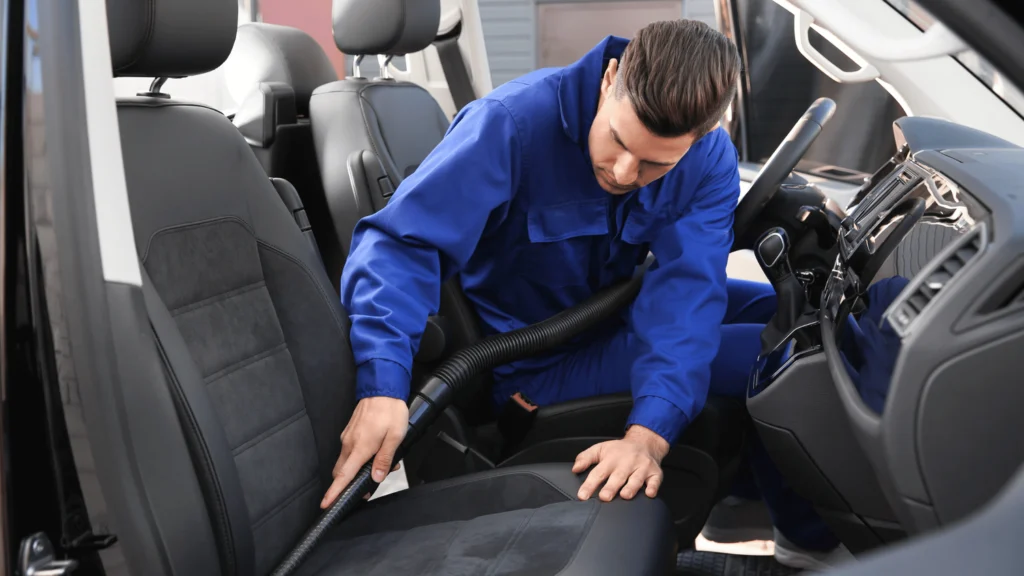
Credit: m.yelp.com
Frequently Asked Questions
Do You Need An LLC to Start A Car Detailing Business?
You don’t need an LLC to start a car detailing business. Forming an LLC offers liability protection and tax benefits. Choose the structure that fits your goals and comply with local licenses and permits to operate legally.
What Is The break-even point For A Car Detailing Business?
The break-even point for a car detailing business occurs when total revenue equals total expenses. Calculate it by dividing fixed costs by the contribution margin per car. This point shows when the business neither profits nor loses money.
Should You Start A Car Detailing Business?
Starting a car detailing business offers growth potential and low startup costs. Research local laws, plan finances, and market effectively for success.
What Business Does Car Detailing Fall Under?
Car detailing falls under the auto care and automotive services industry. It includes cleaning, restoration, and finishing of vehicles.
Conclusion
Understanding Wisconsin’s car detailing laws helps you stay legal and safe. Follow local rules on water use and waste disposal carefully. Proper permits and licenses protect your business and the environment. Always check state and city regulations before starting detailing work.
Respecting these laws keeps your customers happy and your business running smoothly. Stay informed to avoid fines and penalties. Clear rules make car detailing easier and more trustworthy for everyone.
